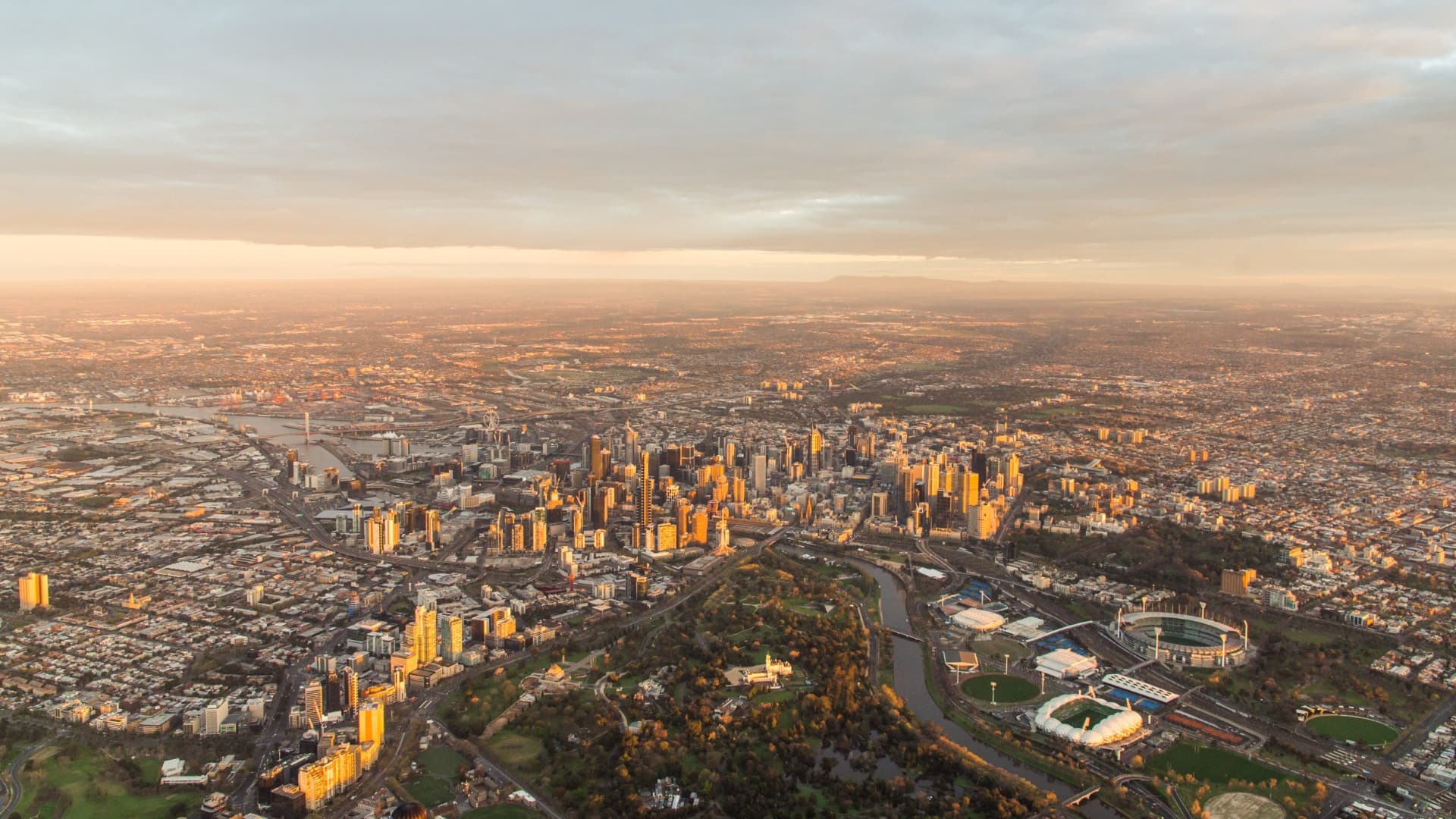As the “Census fever” dies down and everyone is patiently looking forward to the results of 2011 Census (which will be released in June 2012), let us take a quick look at where 2006 Census has brought us.

*Please note that unless otherwise stated, figures were taken from the 2006 and 2001 Censuses.
Population of Australia

(sourced from 2006 and 2010 Estimated Resident Population), ABS 3101.0
Australia has seen high population growth in the past five years and figures from 2011 Census will probably corroborate that. But with stricter immigration policies rolled out, will it stifle our population growth in the next 5 years?
Household Size

One of the interesting issues from a previous blog is the “boomerang generation” where children are leaving home later or leaving and coming back home (Read more here). The previous census revealed a 7.1% (+73,451) increase in families with child(ren) over the age of 15. Will the 2011 Census show us a leap in the number of bigger households, counteracting a trend of the past few decades towards smaller ones?
Age Structure

Will Australia face the problem of an aging population? Comparing data from 2006 to 2001, we saw a slight decrease in the younger age groups 5 to 11 and 25 to 34 while the fastest growing age groups (by percentage) were those between 60 to 69 and 85 and above. Yes our population is indeed growing older but taking into account the high birth rate and increase in migrants over the years, we may also see a new generation of young Australians.
Dwellings

With high population growth, growth in dwellings is also significant. While the largest growth (01-06) was among separate houses, in percentage terms, medium and in particular high density housing increased the most (high density – up by 20.5% in 5 years – includes all flats in 3+ storey blocks) . Will 2011 Census reveal a trend towards family apartment-living? Read more here.
Migrants and Place of Birth

Between 2001 and 2006, we saw a sharp influx of Chinese and Indian migrants. Based on preliminary immigration settlement numbers, this is likely to continue for the next few years and will certainly be evident in 2011 Census. 2008 and 2009 saw record migration intakes, but the numbers have declined markedly since. With a reduced immigration intake (and emphasis on English-speaking, skill-based economy drivers), will we see a new generation of migrants or a decline in multiculturalism over coming Censuses?
Individual Income
The “credit crunch” or financial crisis between 2007 and 2009 had an immense impact on the global economy. Although the media claimed that it had minimal effects on Australia’s economy, there is little hard data to back this up. Between 1991 and 2006, there was a consistent reduction in unemployment each Census. As a result of the latest wave of financial crisis in 2011, will we see an increase in unemployment? Were people’s pay cheques drastically affected by the financial crisis, so that we will see a drop in incomes for 2011?
For more information, on the state of play to 2006, visit our Australia profile.id page here.
Stay tuned for more exciting blog posts as we count down to the release of the Census results next June. And if you would like to receive more updates about population forecasts or census information for Australia and New Zealand, follow us on twitter @dotid or visit our website at id.com.au!
.id is a team of population experts who combine online tools and consulting services to help local governments and organisations decide where and when to locate their facilities and services, to meet the needs of changing populations. Access our free demographic resources and tools here.















